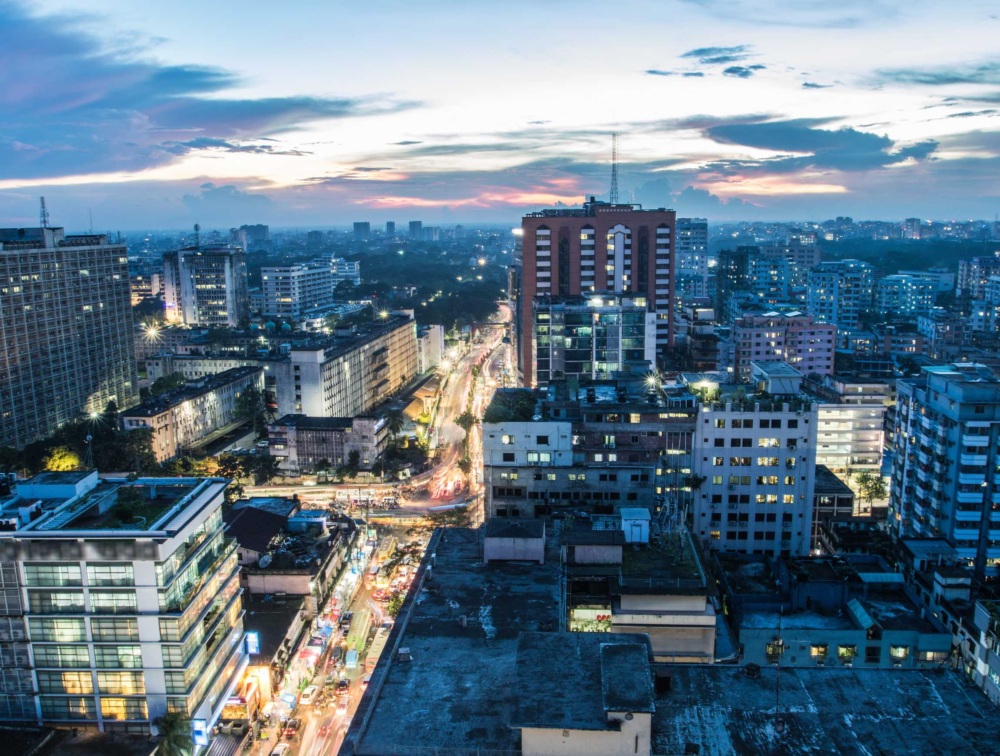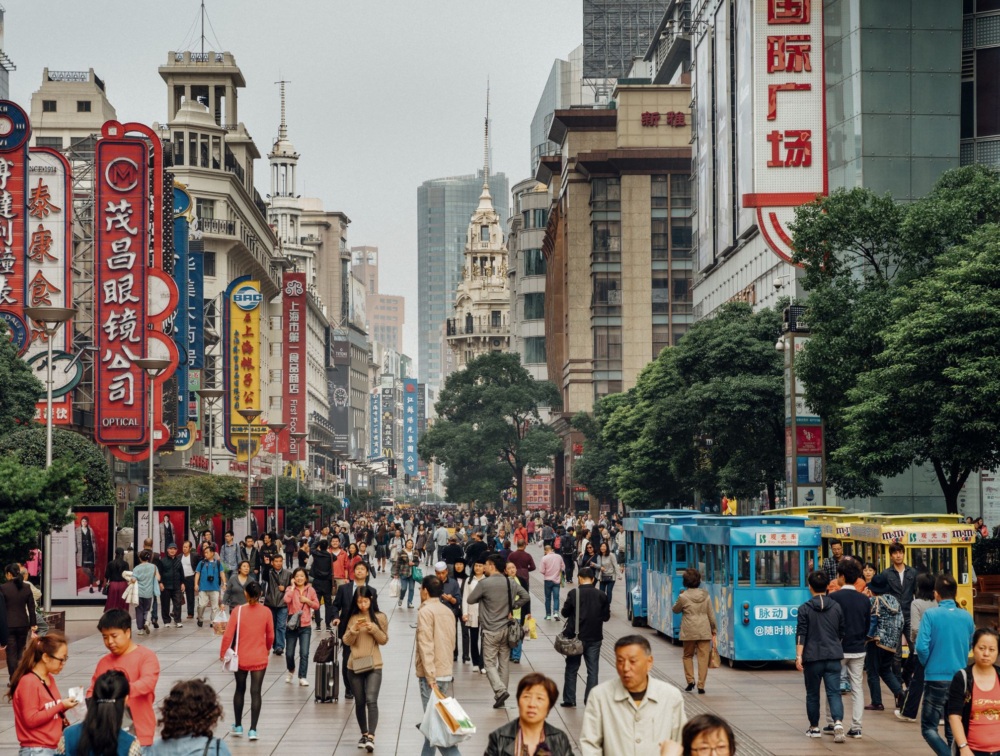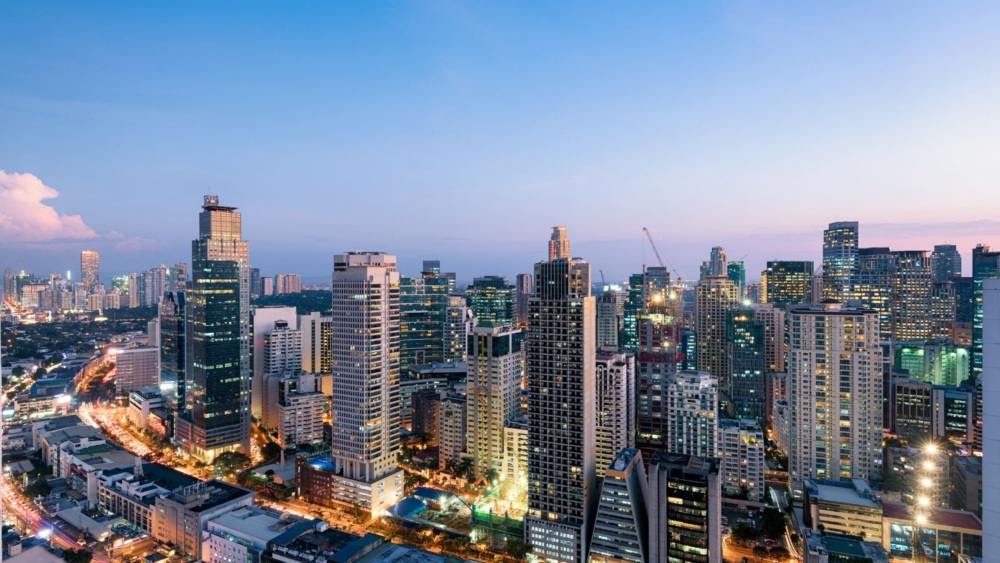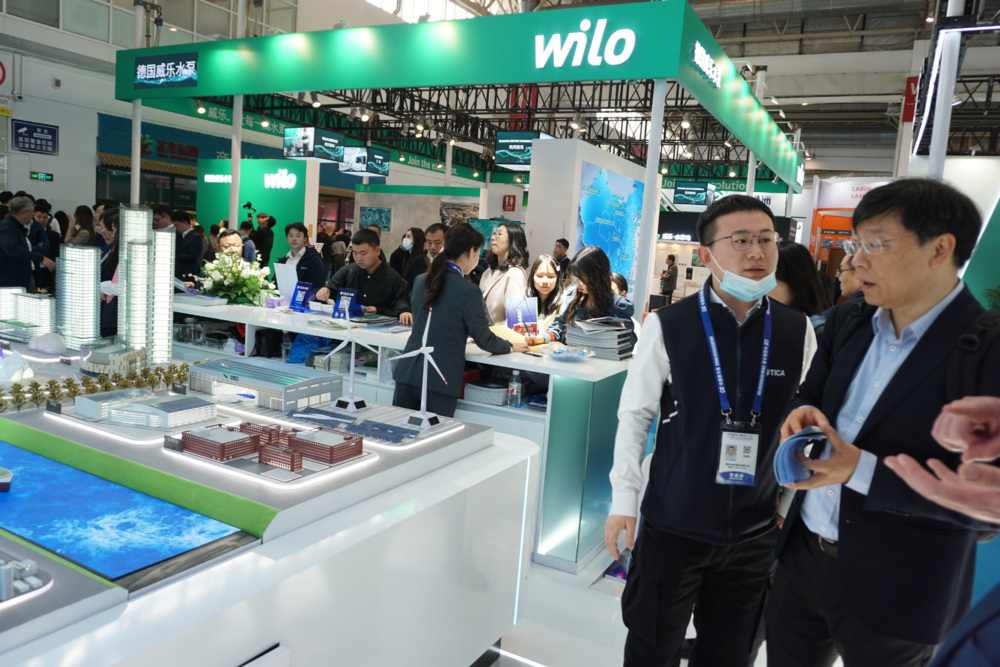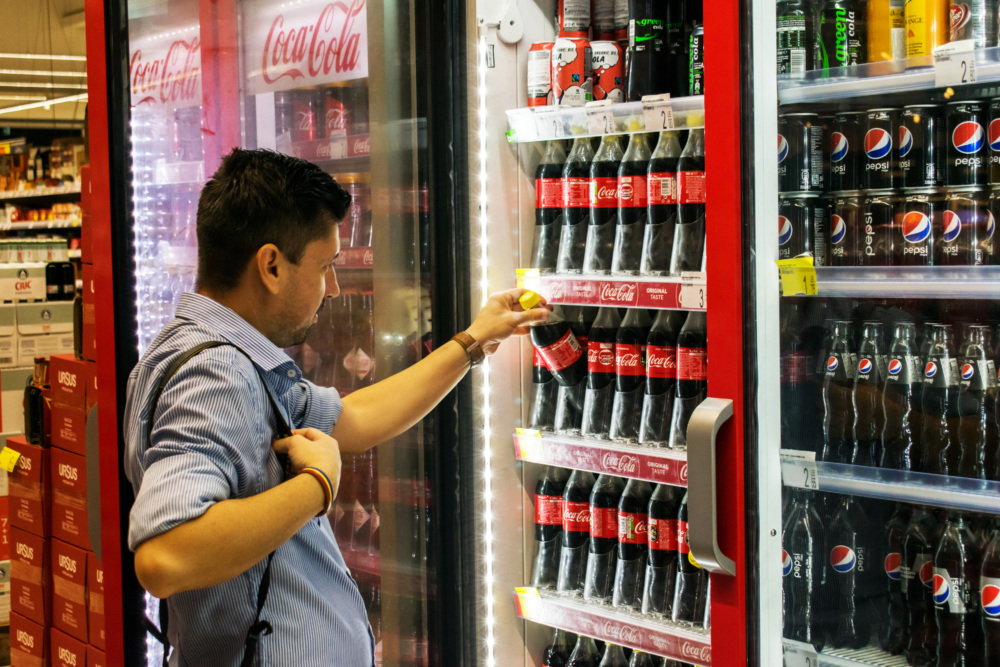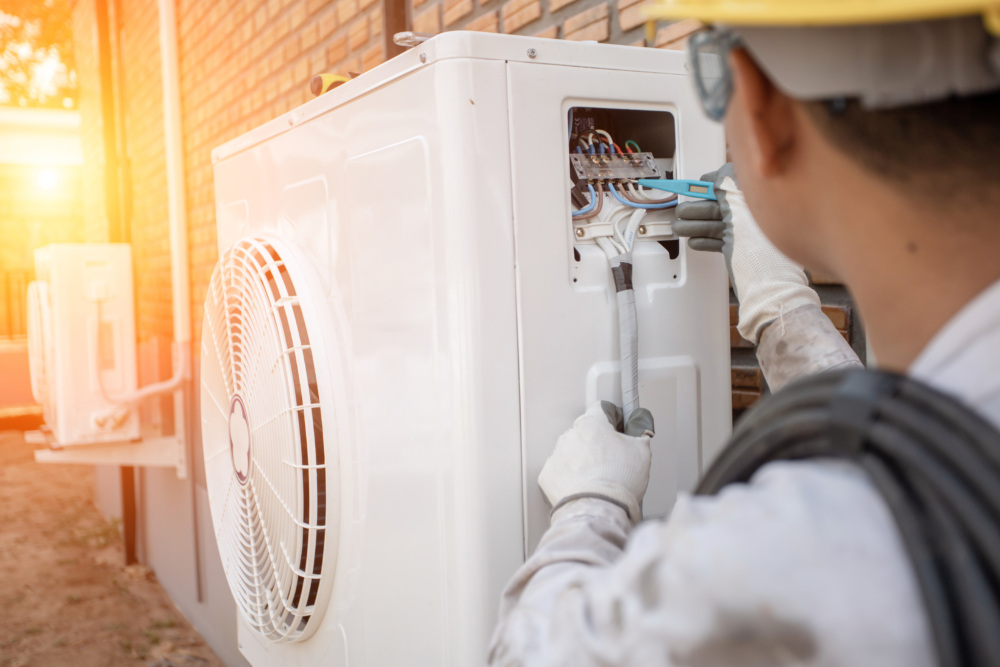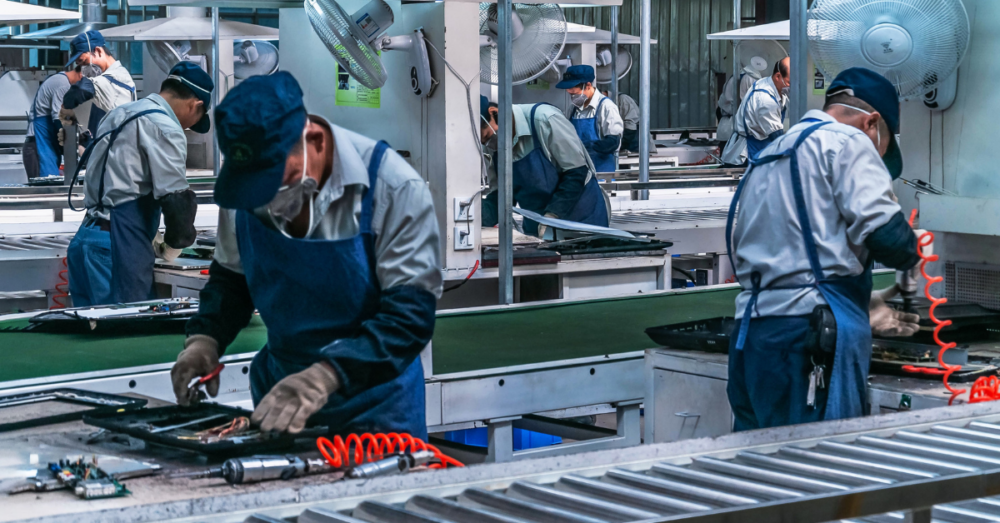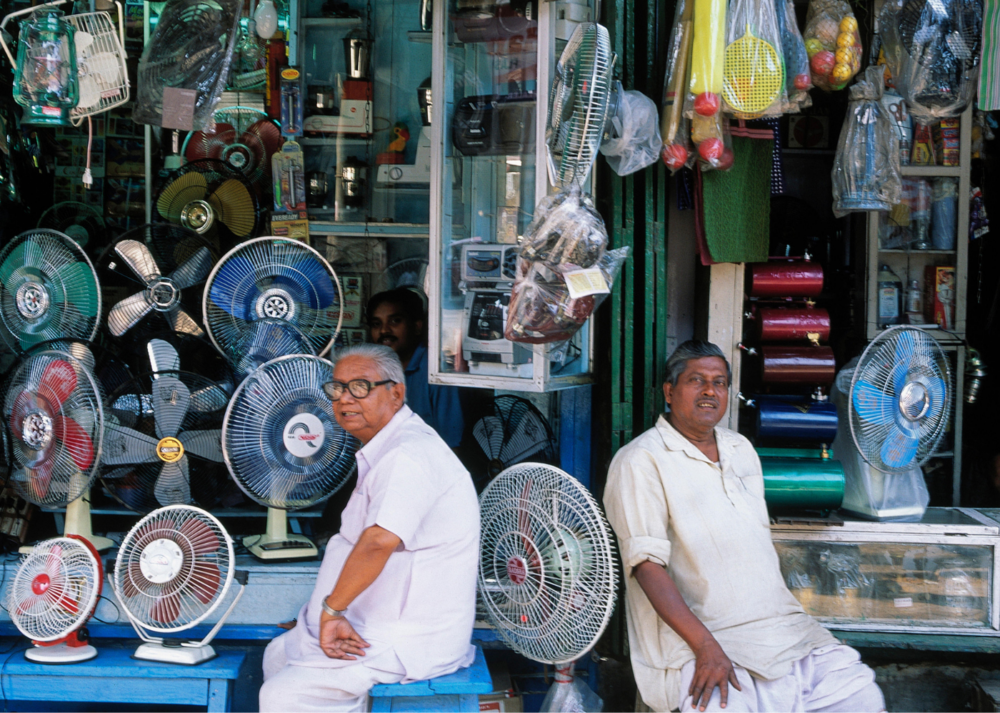CLASP Provides Technical Support on Lighting Efficiency Policy in East and Southern Africa
The power of energy efficient lights and appliances can accelerate sustainable development and economic growth. CLASP is providing technical support on the Energy Efficient Lighting and Appliances (EELA) project to implement a broad range of activities across 21 Member countries in Southern and East Africa.
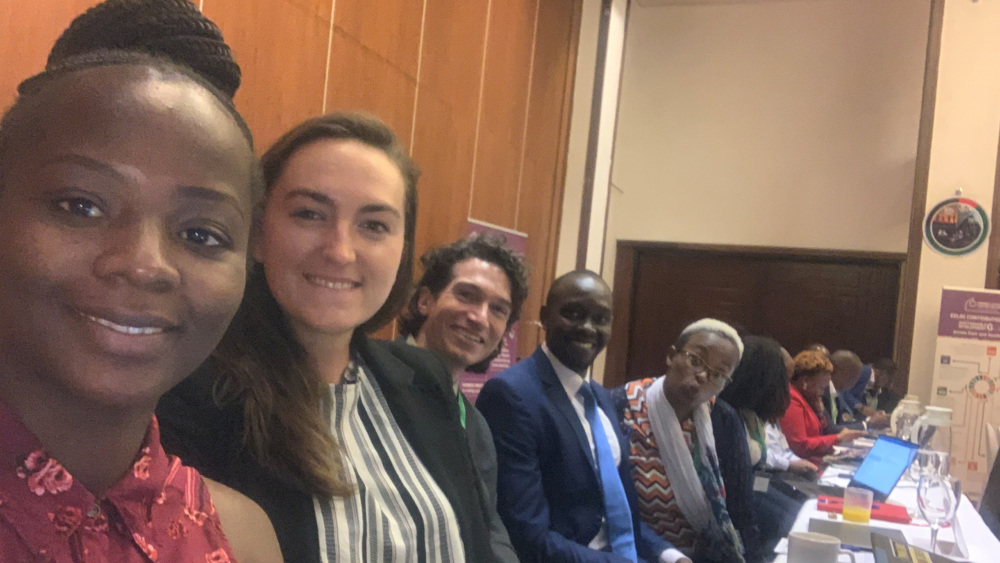
Countries across sub-Saharan Africa have some of the lowest access to clean, affordable and secure energy. Consumers connected to overburdened national grids experience frequent blackouts and brownouts, hampering economic activities and social and health service delivery.
More efficient lighting and appliances cost less to run, last longer, and save users money. Energy efficient lightbulbs use 25-80% less energy and last 2-3 times longer than traditional incandescent bulbs. As a result of low cost and durability, users save money and free up energy which enables people and businesses more access to reliable power. By using less electricity, carbon emissions are reduced for a safer climate.
EELA’s mission is to support the development of vibrant markets where suppliers deliver high-quality services and products for energy efficient lighting and appliances to increasingly aware households, businesses and public facilities across East and Southern Africa.
The EELA project is delivered through Regional Platforms. The executing partners are the East African Centre of Excellence for Renewable Energy and Efficiency (EACREEE) and the Southern African Development Community Centre for Renewable Energy and Energy Efficiency (SACREEE). In November 2019, the two Regional Platforms convened Technical Committee Meetings with SACREEE members in Lusaka, Zambia and EACREEE members in Nairobi, Kenya.
 Michael Scholand presenting at the EELA Technical Committee Meeting in Nairobi, Kenya
Michael Scholand presenting at the EELA Technical Committee Meeting in Nairobi, Kenya
CLASP Senior Advisor Michael Scholand and Senior Associate Naomi Wagura co-presented at these EELA Technical Committee Meetings. Wagura presented on the role of minimum energy performance standards (MEPS) in transforming markets toward energy efficient lighting and appliances. MEPS are used by regulators to ensure products meet certain specified criteria related to energy performance, quality of service, and longevity. MEPS are an effective way of encouraging manufacturers and distributors to develop and deliver quality energy efficient products. A key element of the EELA project will involve developing and implementing MEPS that are agreed at the regional level.
Scholand presented on key metrics to consider for regulating on-grid lighting products. His presentation highlighted the need to accelerate the market shift to LED lighting while ensuring quality. LED lighting offers energy savings, is easier to control, offers longer lifespans, is low maintenance and more durable, and is mercury free. Adopting a cost-effective policy measures can manage and accelerate the transition to LED lighting while protecting consumers.
 Naomi Wagura presenting at the EELA Technical Committee Meeting in Nairobi, Kenya
Naomi Wagura presenting at the EELA Technical Committee Meeting in Nairobi, Kenya
Additionally, Wagura spoke on key metrics to consider for regulating off-grid lighting products. With a growing off-grid lighting markets across sub-Saharan Africa, there is an increasing need for regulation to ensure the market supports high-quality, durable products. Harmonising standards across EAC and SADC would reduce the prevalence of sub-standard products, while fostering innovation and maintaining consistency across international markets.
The market for off-grid solar lighting in key countries in East and Southern Africa

The regional technical committees will continue working on the development of the MEPS for lighting products in the coming months, with deep involvement of the EAC and SADC member countries. The regional harmionisation process will involve review of existing national standards and development of one harmonized standard that is acceptable to all Partner States.
The EELA project is implemented by the United Nations Industrial Development Organization (UNIDO) and executed with support from the East African Centre of Excellence for Renewable Energy and Efficiency (EACREEE) and the Southern African Development Community Centre for Renewable Energy and Energy Efficiency (SACREEE). Technical support is provided by the Swedish Energy Agency (SEA) and CLASP. The project is funded by the Swedish International Development Corporation (SIDA).

